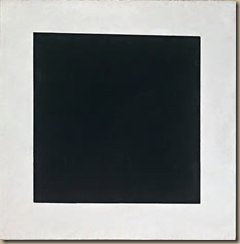
Does simplicity have aesthetic value? The dominant voices in the Western tradition of aesthetics praise complexity; finding unity in diversity is the hallmark of great art. Certainly in wine, complexity not simplicity is most admired. Legendary and high scoring wines all exhibit complex flavor profiles and extensive evolution on the palate. Simple wines might be enjoyable for dinner but seldom induce rapture.
But in food, simplicity seems to have its place. As the celebrated gastronome Curnonsky wrote, “Good cooking is when things taste of what they are”. Great chefs know when to simplify recipes to eliminate anything that might distract from an ingredient’s inherent flavor. Japanese aesthetics has long appreciated simplicity. And many minimalist works in painting, (Malevich or Rothko) or in music, ( Reich or Riley or the blues for that matter), rely on simplicity. Are these exceptions that prove the rule that complexity is fundamental to aesthetic value? Or is Western aesthetics missing something in its praise of the virtues of complexity?
It seems to me simplicity is often a tool through which an artist achieves unity and balance in a work. Thus simplicity has instrumental value. But is simplicity inherently aesthetically pleasing? Can it stand alone, not as instrument to achieve unity, but as something itself aesthetically pleasing?
I’m not sure. But if simplicity has inherent aesthetic value, it would disrupt current practices of wine tasting.
Stay tuned for more on this.

One comment